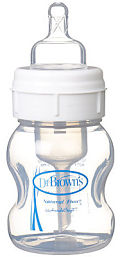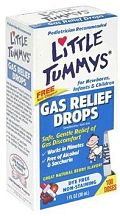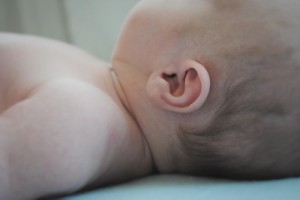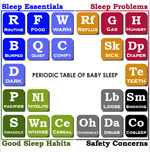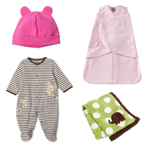Are you ready to teach your baby to sleep through the night consistently? Baby Sleep Training 101 is the comprehensive guide to baby sleep training, and you can have it for $1.99 through September 30th!
Baby Sleep Training Fundamentals
Written for parents of infants aged 3 to 24 months, this book covers the fundamentals of healthy baby sleep habits, including:
- Baby sleeping patterns by age
- Sleeping in the crib
- Establishing a bedtime routine
- Feeding baby for sleep
If you’re a visual person, you’ll enjoy our Periodic Table of Baby Sleep, a colorful depiction of the key elements to teaching your baby sleep through the night.
Download it now for just $1.99!
Who Should Read Baby Sleep Training 101
Our book is written for the parents or primary caregivers of babies less than 24 months of age, and we think it would be most useful to families with:
- Newborns or young infants (0-4 months), to establish safe, reliable sleep habits
- Babies 4-12 months old that aren’t yet sleeping through the night consistently
- Baby sleep problems, including early wake-ups, trouble falling asleep, not sleeping in the crib, etc.
Baby Sleep Training 101 also makes a great gift for parents, nannies, or babysitters who might appreciate a little help!
Table of Contents
Here’s a preview of what you’ll learn about in our book.
Chapter 1. How to use This Book
Chapter 2. Why Baby Sleep Training?
Chapter 3. Babies and Sleep Patterns
Chapter 4. The Periodic Table of Baby Sleep
Chapter 5. Good Baby Sleep Habits
Chapter 6. Feeding Baby for Sleep
Chapter 7. Baby Sleep Safety
Chapter 8. Handling Baby Sleep Problems
Chapter 9. References and Further Reading
Download Now, Read Later
We published Baby Sleep Training 101 as an e-book in PDF format, so that you can read it on:
- Your home computer or laptop
- Your Kindle, Nook, or tablet
- Ipads, iPhones, and most Android devices
We’ll also send it to you by e-mail so that you can get it from anywhere.
Secure Processing with Gumroad
We use Gumroad to process all book orders. It’s a quick, easy and secure process. We never see your credit card information. You’ll be reading the book in minutes.
Handling Baby Sleep Problems
There’s a special section on common baby sleep problems and how to address them, including:
- Trouble falling asleep
- Sleeping in the crib
- Naps and sleep schedules
- Trouble staying asleep
- Early morning wake-ups
- Reflux
- Baby Colic
- Teething
- Cold, Flu, and Sickness
- Sudden sleep setbacks
The Latest Infant Sleep Research
Thanks to daytime employment, we have access to all of the current research by groups such as the American Academy of Pediatrics (AAP). We leverage that in Baby Sleep Training 101 to summarize what researchers have recently discovered regarding:
- The prevalence of baby sleep problems and their effect on infant and maternal health
- Current safe sleep recommendations from the AAP
- Long-term evaluations of the possible benefits or harms of baby sleep training
- The effectiveness of following sleep training practices
At the end of the book, we include references and suggestions for further reading. Don’t wait until you’re completely sleep deprived…



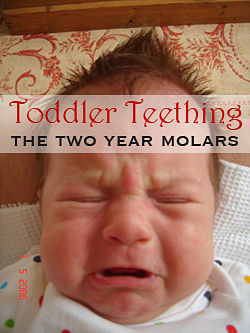
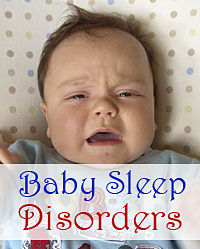






 Baby wakes up to play
Baby wakes up to play


